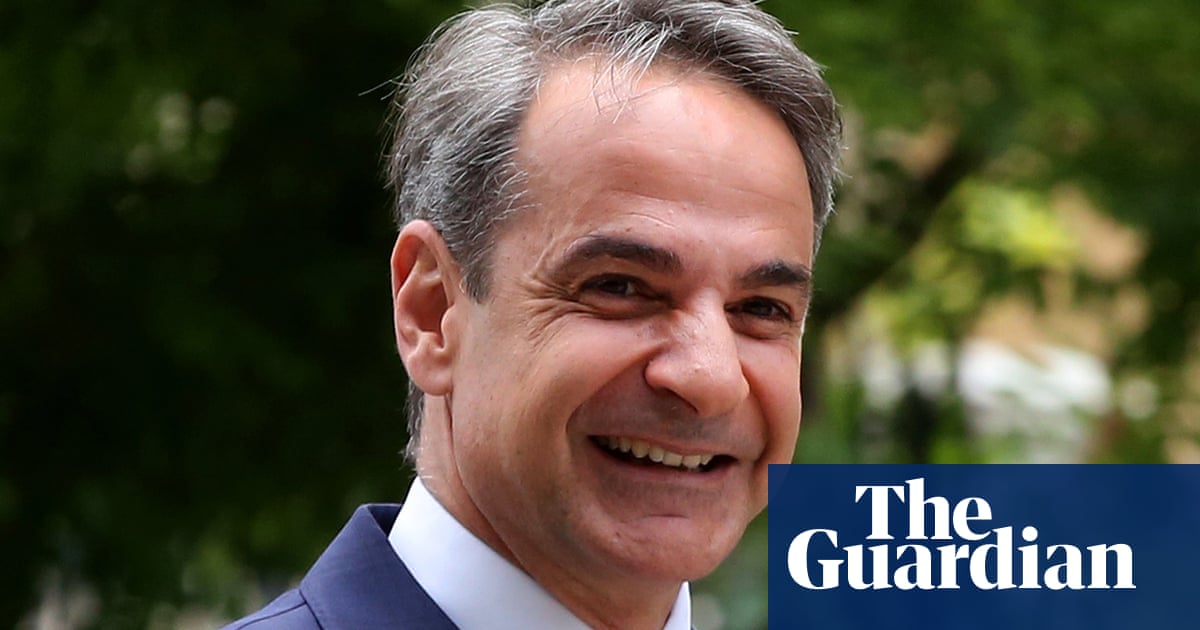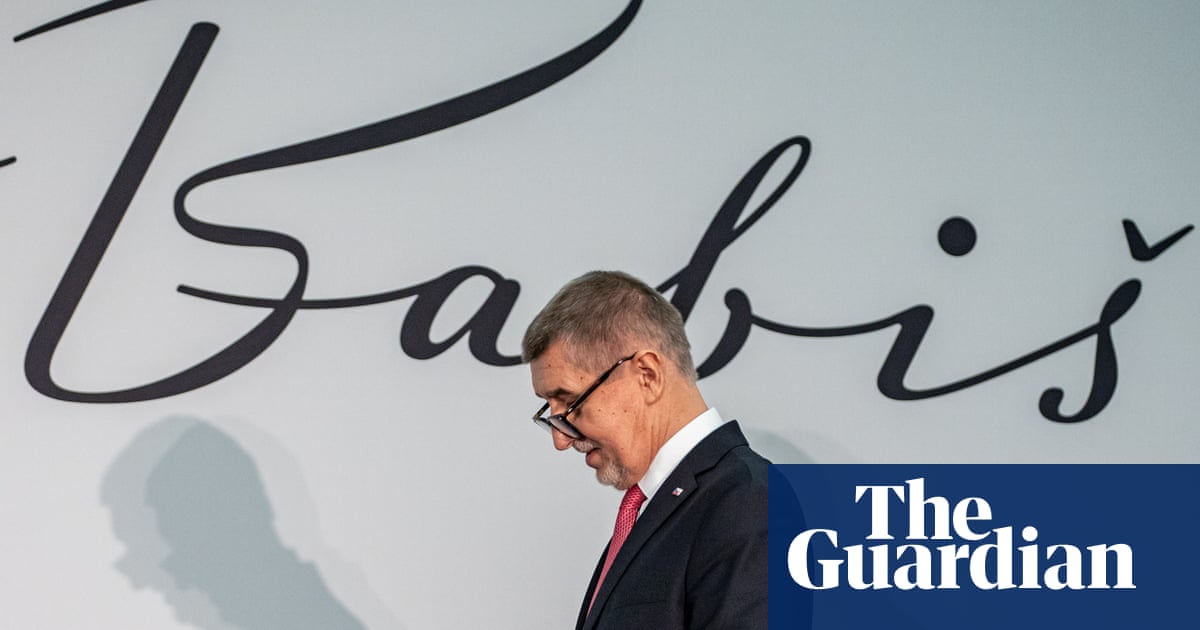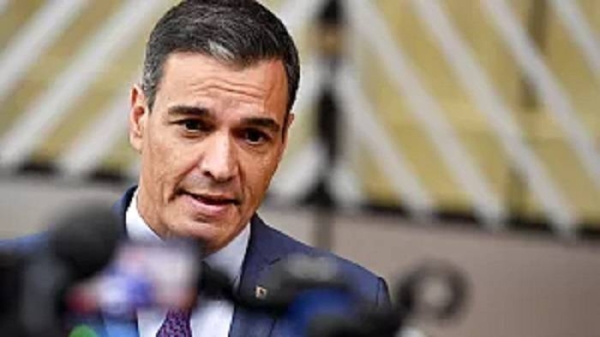
The Czech Republic is facing political upheaval and a possible power vacuum after its billionaire prime minister, Andrej Babiš, suffered a surprise general election defeat and then saw his most powerful backer and sole potential saviour, the country’s president, Miloš Zeman, taken to hospital, apparently gravely ill.
In a stunning upset that confounded pollsters’ forecasts, Babiš’ populist Action for Dissatisfied Citizens (ANO) 2011 party finished second in this weekend’s popular vote behind the centre-right Spolu (Together) alliance, which previously vowed not to form a government with him.
Spolu followed up its victory by agreeing to start coalition talks with a liberal-left faction, Piráti-STAN, after the two blocs won a total of 108 seats in the 200-member chamber of deputies in the poll, staged on Friday and Saturday.
Babiš’ hand appeared to become weaker still on Sunday as television cameras captured Zeman – who has repeatedly promised to do all he could to keep the prime minister in office – being transported to hospital in an ambulance minutes after the pair had met at the president’s countryside retreat to discuss the results.
Miroslav Zavoral, the head of Prague’s central military hospital, later told journalists that Zeman had been admitted owing to “complications that accompany a chronic illness” and said the president was being treated in an intensive care unit. The nature of the illness was not disclosed.
Czech media outlets published footage and images of Zeman, a heavy smoker, being wheeled into hospital, apparently unconscious, with a bodyguard holding his head, and in the presence of his wife and daughter.
Speculation about the health of 77-year-old Zeman, who uses a wheelchair and has neuropathy and type 2 diabetes, was rife in the run-up to the poll, leading commentators to question his fitness to conduct his constitutional post-election duty of inviting parties to form a government.
Zeman’s spokesman, Jiří Ovčáček, who had previously dismissed reports that his boss was seriously ill despite an eight-day hospital stay last month, pleaded with politicians and journalists on Twitter to exercise a “sensitive approach” and wish the president an early recovery.
The president’s condition has a direct bearing on Babiš’ political survival because Zeman has said he would invite the leader of the biggest single party to form a government, a status applying to ANO 2011, despite its overall election defeat. The prime minister’s party won 72 seats, one more than Spolu, which is an alliance of three parties, the Civic Democrats (ODS), the Christian Democrats (KDU-ČSL) and the pro-EU Top 09.
Although Babiš, a billionaire former oligarch whose industrial conglomerate, Agrofert, controls large chunks of the Czech economy, has no clear path to a viable coalition, analysts believe he could exploit an interregnum period, during which he serves as interim prime minister by seeking to retain power through dividing Spolu and trying to reach an agreement with one of its constituent parties.
Meanwhile, there were calls for parliament to invoke a constitutional clause that would declare Zeman unfit and pass his powers temporarily to the prime minister and the speaker of the chamber of deputies. The latter – currently a Babiš ally – would then have the president’s responsibility of choosing who to ask to form a new government. However, the opposition is expected to vote for a new speaker when the newly elected parliament comes into being later this month.
Jiří Pehe, a political scientist and director of New York University in Prague, said the Czech Republic could plunge into a political crisis.
“The opposition groupings have formed a unity pact, so Babiš needs the president to back him and ask him to start talking about a new government,” said Pehe. “It seems the president may not be able to do that for some time – or ever.
“It’s a very complicated situation constitutionally if the president cannot act in his customary post-election role. If it drags on, parliament may have to step in and declare him unfit to perform his duties. It could be a constitutional crisis. It was so irresponsible of those around Mr Zeman not to have prepared by notifying parliament that he was ill and that it should suspend his duties, or else talk the president into abdicating or stepping down.”
Petr Fiala, Spolu’s leader and a former political science professor, is widely seen as favourite to succeed Babiš as premier. Fiala, a centre-right politician who campaigned in broad opposition to Babiš’ populism, had requested to meet Zeman on Monday to discuss forming a coalition. It was unclear whether the meeting could take place.
Babiš’ defeat followed the disclosure last week of damaging details about his financial arrangement in the Pandora Papers, which revealed that he had used a network of offshore companies to buy a mansion and other properties in the French Riviera for £13m in 2009. The prime minister denied wrongdoing and dismissed the revelations as a plot designed to undermine his election chances.
Some commentators warned he may remain in office for months, despite his electoral setback, especially if Zeman’s health recovers.
“Should he decide to continue doing so, Andrej Babiš could well rule in resignation here until well into 2022,” wrote David Klimeš on the Aktuálně news website. “The five-party coalition has a difficult task ahead of it. When the post-election enthusiasm wears off, it will have to jump over all the sticks and traps that Andrej Babiš and Miloš Zeman are now setting under its feet.”











